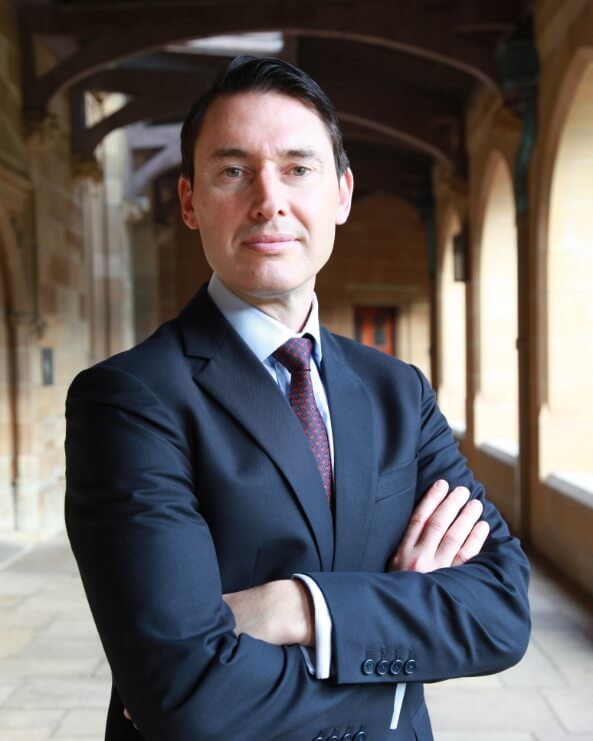Wills
A Will is a legal document that outlines how a person (the testator) wishes their assets and estate to be distributed after their death. The legal requirements for creating a valid and legally binding Will are set out under the Succession Act 2006 (NSW). To ensure that a Will is legally binding, the following criteria must be met:
-
Age and Capacity:
- The testator (the person making the Will) must be at least 18 years old.
- The testator must have testamentary capacity, meaning they must understand the nature and effect of making a Will, know the extent of their assets, and comprehend who might reasonably expect to benefit from their estate.
-
Written Document:
- The Will must be in writing. It can be handwritten, typed, or printed.
-
Signature:
- The testator must sign the Will, or direct someone else to sign on their behalf in their presence and at their direction if they are physically unable to sign.
-
Witnesses:
- The testator’s signature must be witnessed by at least two people over the age of 18 who are both present at the same time.
- The witnesses must also sign the Will in the presence of the testator and each other. These witnesses must not be beneficiaries or the spouse of a beneficiary to avoid conflicts of interest.
-
Intent:
- The testator must intend for the document to operate as their Will. This is generally presumed if the document is properly signed and witnessed.
- Testator: The person who creates the Will. The testator must 18 or older and of sound mind when making the Will.
- Beneficiaries: Individuals or entities designated to receive assets from the estate. Beneficiaries can include family members, friends, charities, or organisations.
- Executor: The person appointed to administer the estate according to the Will. The executor’s responsibilities include managing the estate, paying debts and taxes, and distributing assets to beneficiaries.
- Bequests: Specific gifts or property left to beneficiaries. Bequests can include cash, personal property, real estate, or other assets.
- Residuary Estate: The remainder of the estate after specific bequests, debts, taxes, and expenses have been paid. This is usually distributed to the main beneficiaries as specified in the Will.
At Buckley Lawyers, we recommend that a Will should be kept with the Will Safe held through the NSW Trustee and Guardian. Contact Buckley Lawyers on 02 9220 1737 for advice on drafting or updating your Will.
We can help.

-
Personalised Legal Services
Dedicated to progressing your matter.
-
Solicitor Advocacy
Advocating strongly on behalf of clients in court.
-
Strategic Advice
Providing clients with strategic guidance throughout the legal process.
-
Practical Advice
Communication and advice in clear and easy to understand language.
-
Prompt Action
Providing advice to clients after hours and on weekends.
-
Resolution Focussed
Mediating matters for a prompt resolution.
-
Practical Legal Advice
-
Solicitor Advocacy
-
Strategic Advice and Representation
-
Hundreds of Satisfied Clients
-
Nationally Accredited Mediator

-
Address
Lawson Place, Suite 1.05, 165-167 Phillip Street, Sydney, NSW 2000
-
Call 24/7 Legal Help02 9220 1737 0415 604 593 (After Hours)
-
Emailadmin@buckleylawyers.com.au
-
Business Timings
Mon to Fri: 08:00am - 06:00pm
Sat, Sun: Closed

